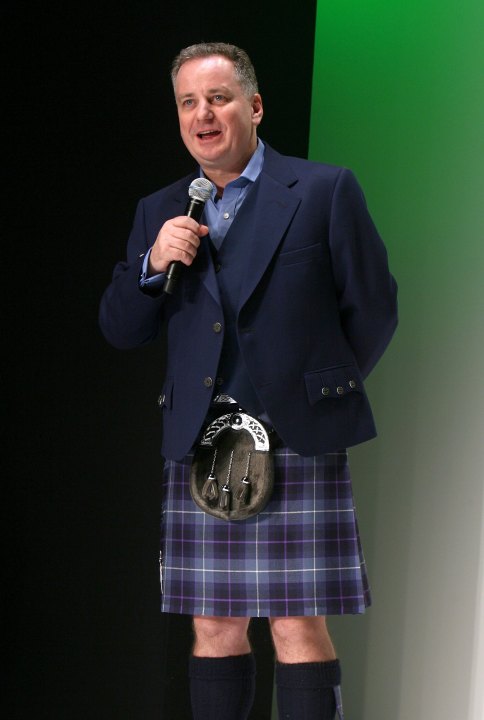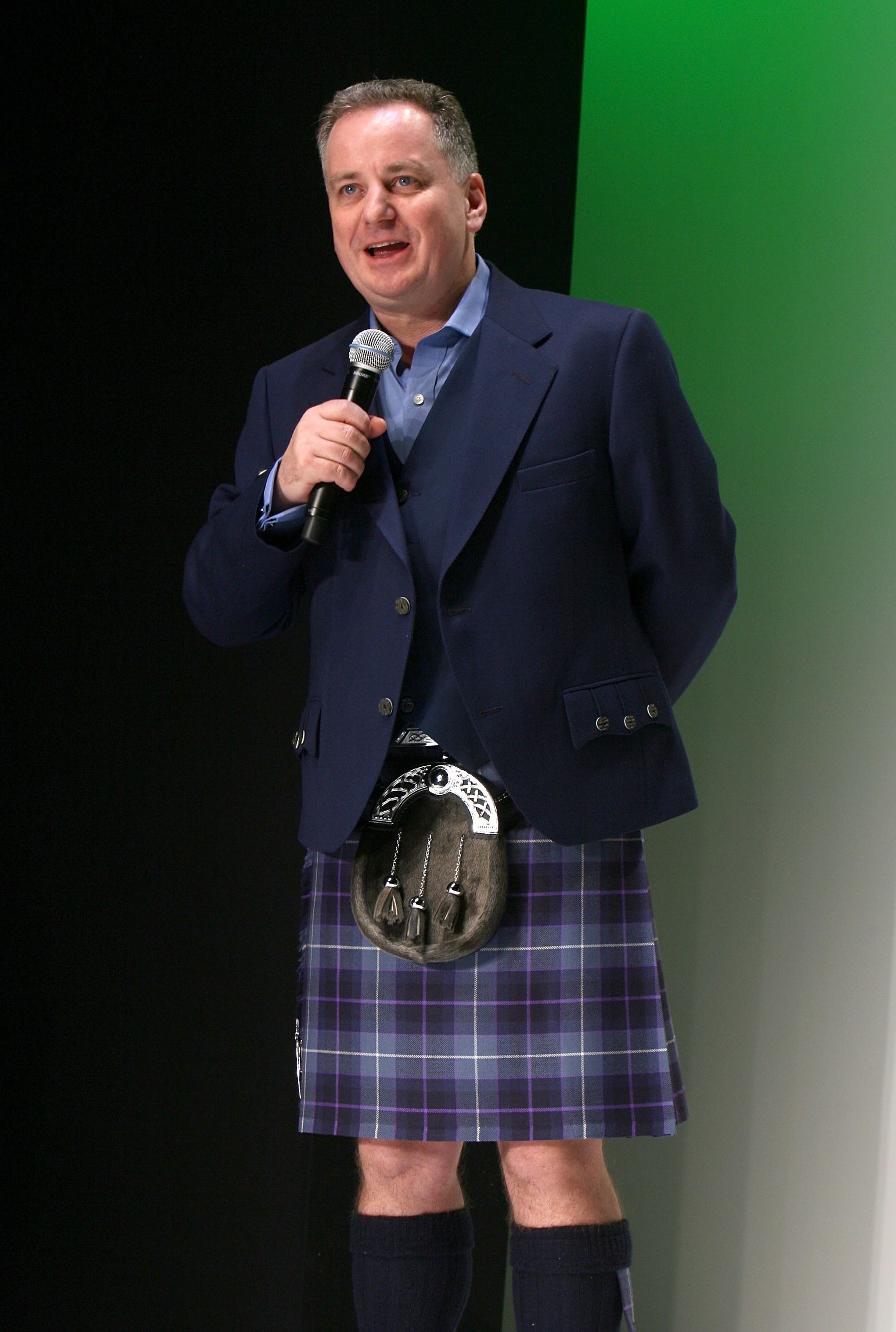 A few weeks ago, Gordon Brown appointed former first minister, Jack McConnell MSP, as a Special Envoy for Conflict Resolution – provoking accusations that the move was “blatant political manipulation” to avoid the possibility of a by-election defeat in McConnell’s Motherwell and Wishaw seat.
A few weeks ago, Gordon Brown appointed former first minister, Jack McConnell MSP, as a Special Envoy for Conflict Resolution – provoking accusations that the move was “blatant political manipulation” to avoid the possibility of a by-election defeat in McConnell’s Motherwell and Wishaw seat.
The idea had originally been to appoint McConnell as the High Commissioner in Malawi – which would have sparked a by-election. Instead, the Scottish politician will have a non-resident, part-time role as a special envoy for the Prime Minister.
But what his exact job will be apparently remains unclear and the subject of some debate across Whitehall. There is no reference to the appointment – or Mr. McConnell’s terms of reference – on the No. 10 website.
The newspapers originally hailed the job as a “Special Envoy for Africa” – the role most people thought Lord Malloch Brown was brought into government to fill – but McConnell himself clearly understood his remit to be broader. When appointed, he said he was “the Prime Minister’s special representative on conflict resolution mechanisms” and went on to say his work “could be in Iraq, Afghanistan, Rwanda or Bosnia, for example.”
Though with new Defence Secretary John Hutton taking the lead on Afghan policy, Mr. McConnell’s role there will clearly be limited. Nor is it clear that a politician without a seat in either Houses of Parliament, and with little political clout, will be able to make a difference to policy anyway. It may be worth considering the appointment of a Cabinet-level Minister for Afghanistan – given the size of Britain’s commitment there – but for such a role to work it would need to be held by an expert or a senior figure, like Lord David Hannay.
So there is still little clarity about Mr. McConnell’s role. Former Foreign Office Minister Jim Murphy tried to be helpful, saying : “I worked in the Foreign Office and Jack is going to be working on some big issues the Foreign Office deals with – conflict prevention, conflict reconstruction.” But if the Scottish Secretary knows what Mr McConnell’s role is he would do well to inform the Cabinet Office, DfiD and the FCO, who are all said to be in the dark.
Perhaps things will become clearer when Tory MP Mark Lancaster gets an answer to his parliamentary question of whom the cross-governmental Stabilisation Unit answers to besides DfiD Minister Michael Forster. Until this is cleared up, the Prime Minister’s appointment of Mr. McConnell bears all the hallmarks of his earlier appointment of Lord Malloch Brown to a Foreign Office job. There, too, lack of clarity over the exact remit came to haunt the PM and the job-holder.







Comments